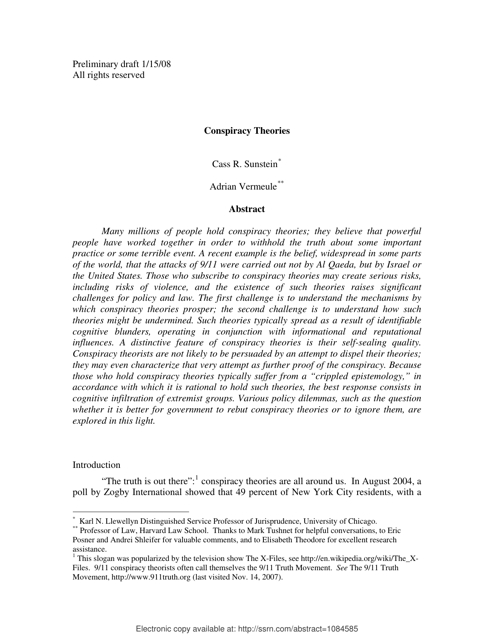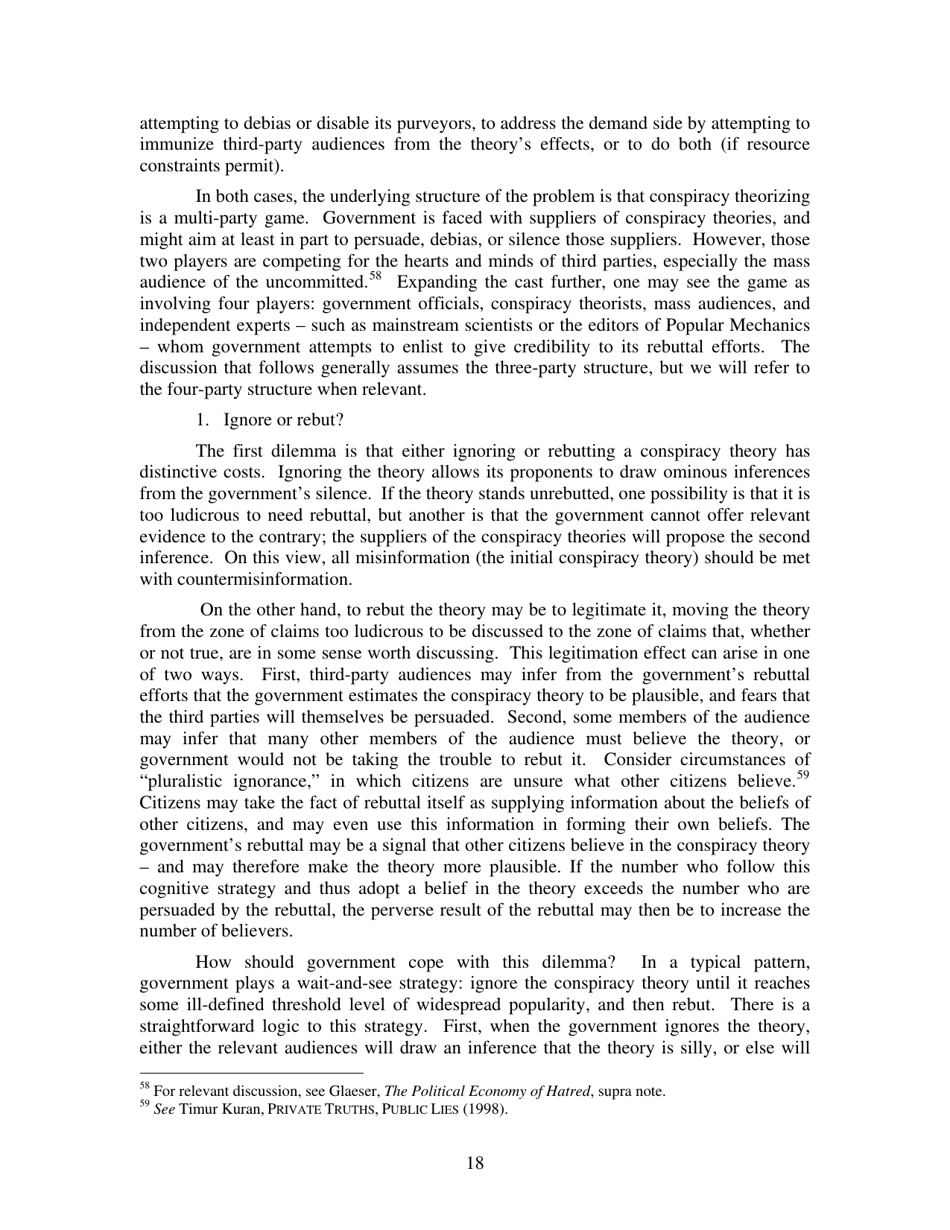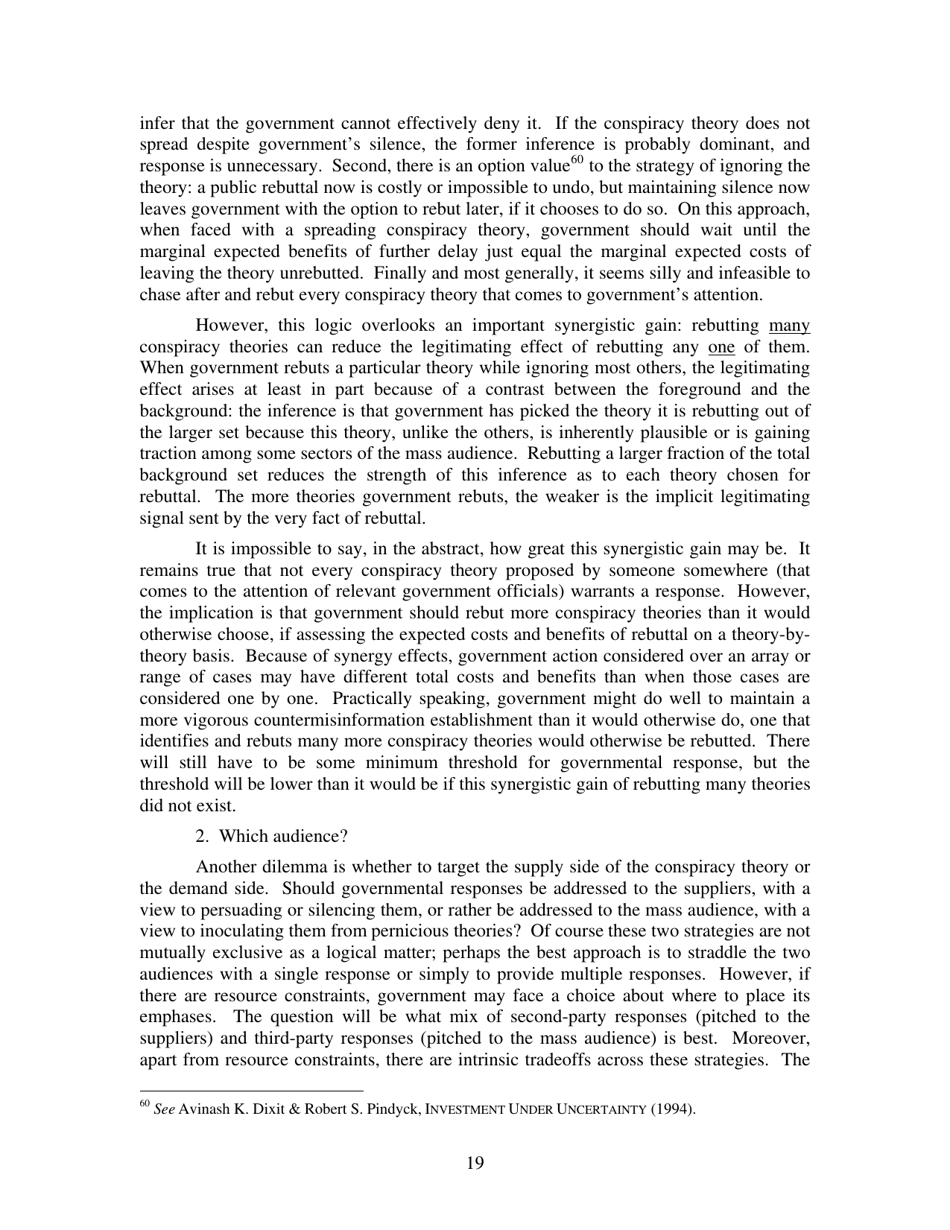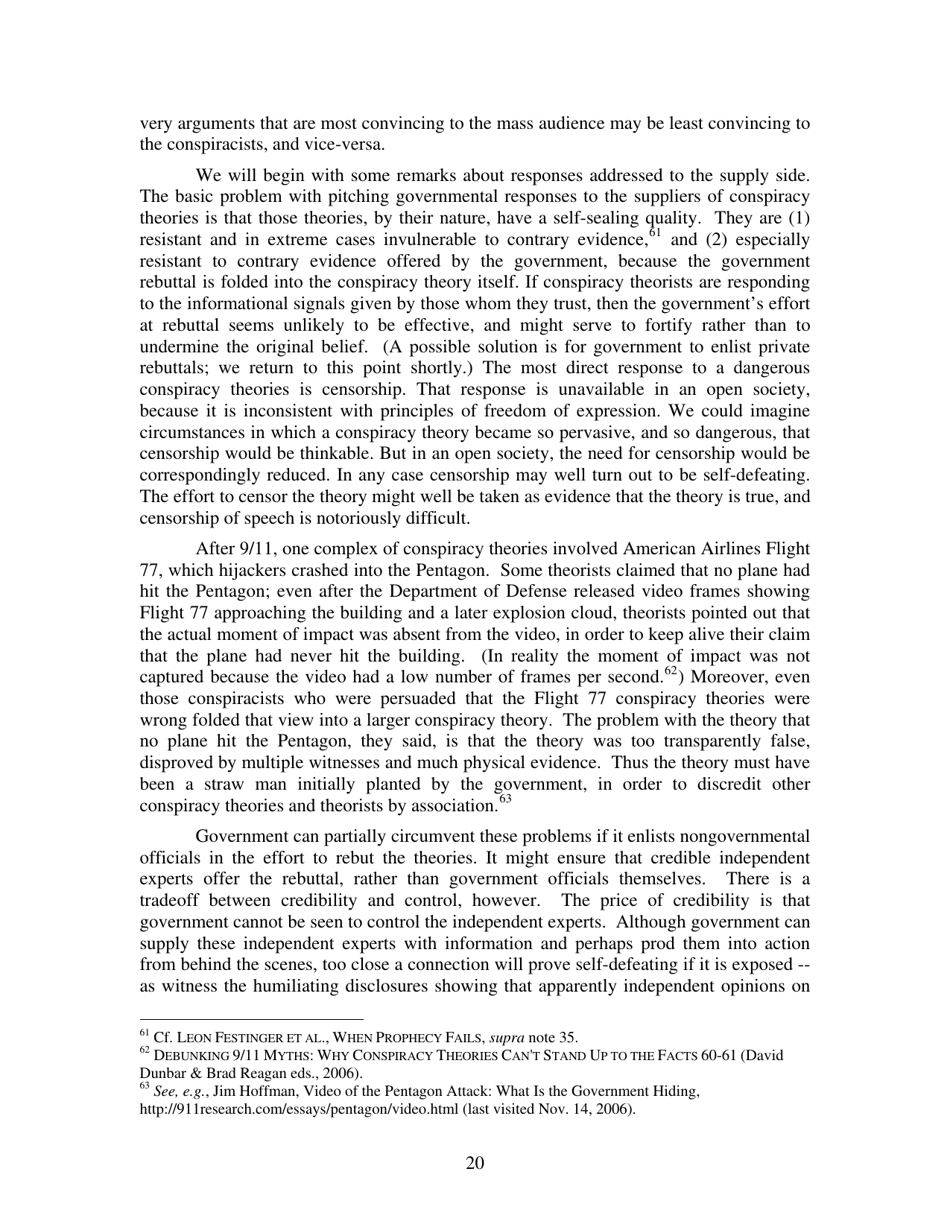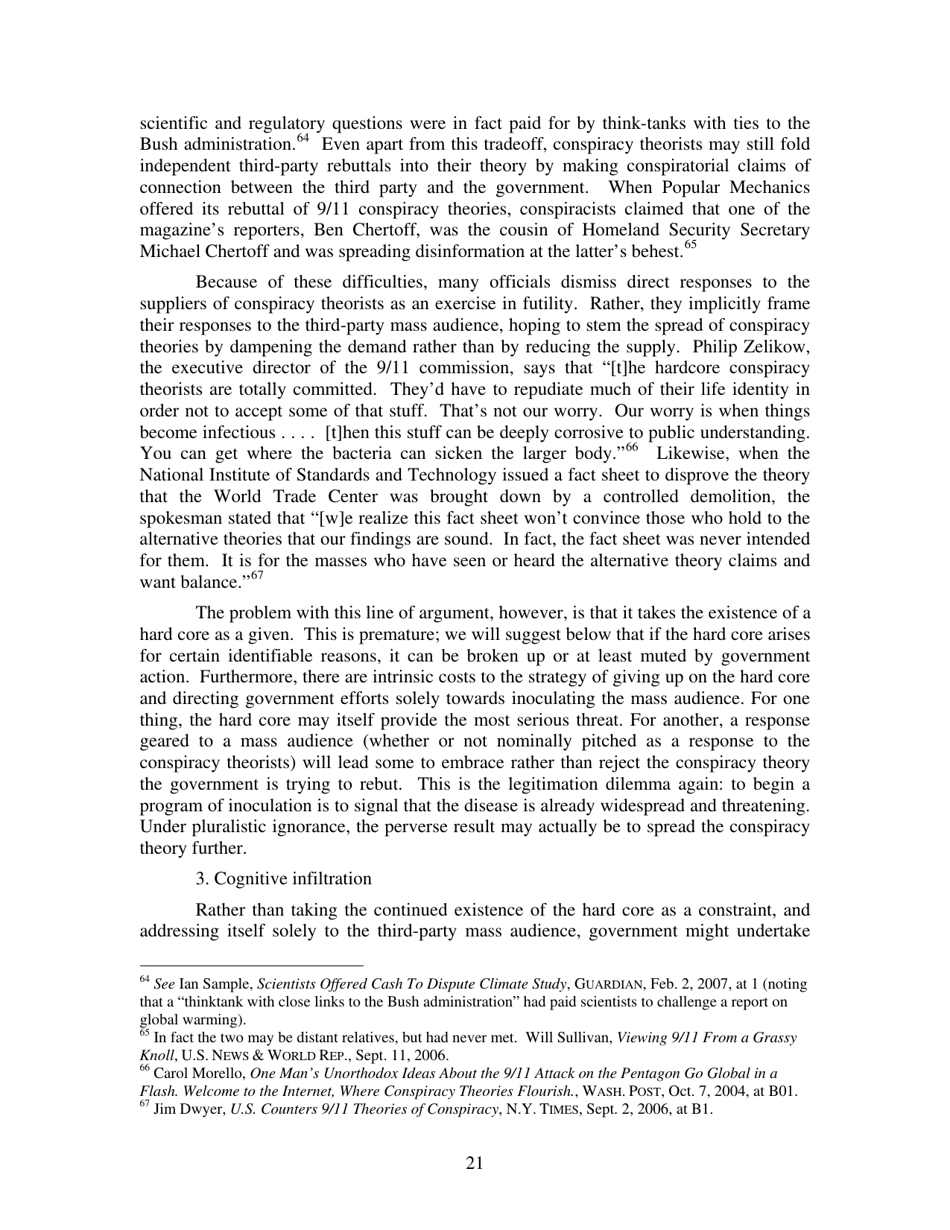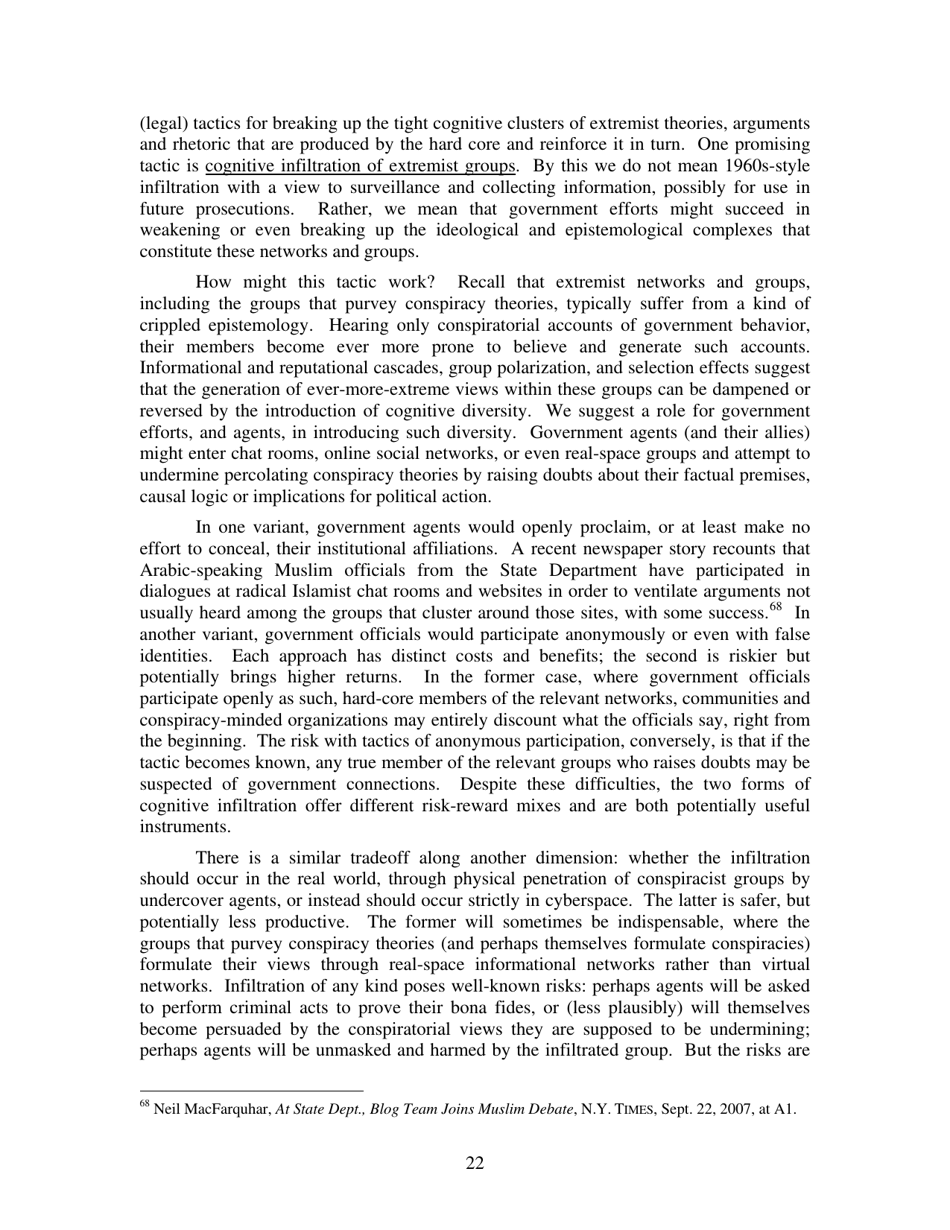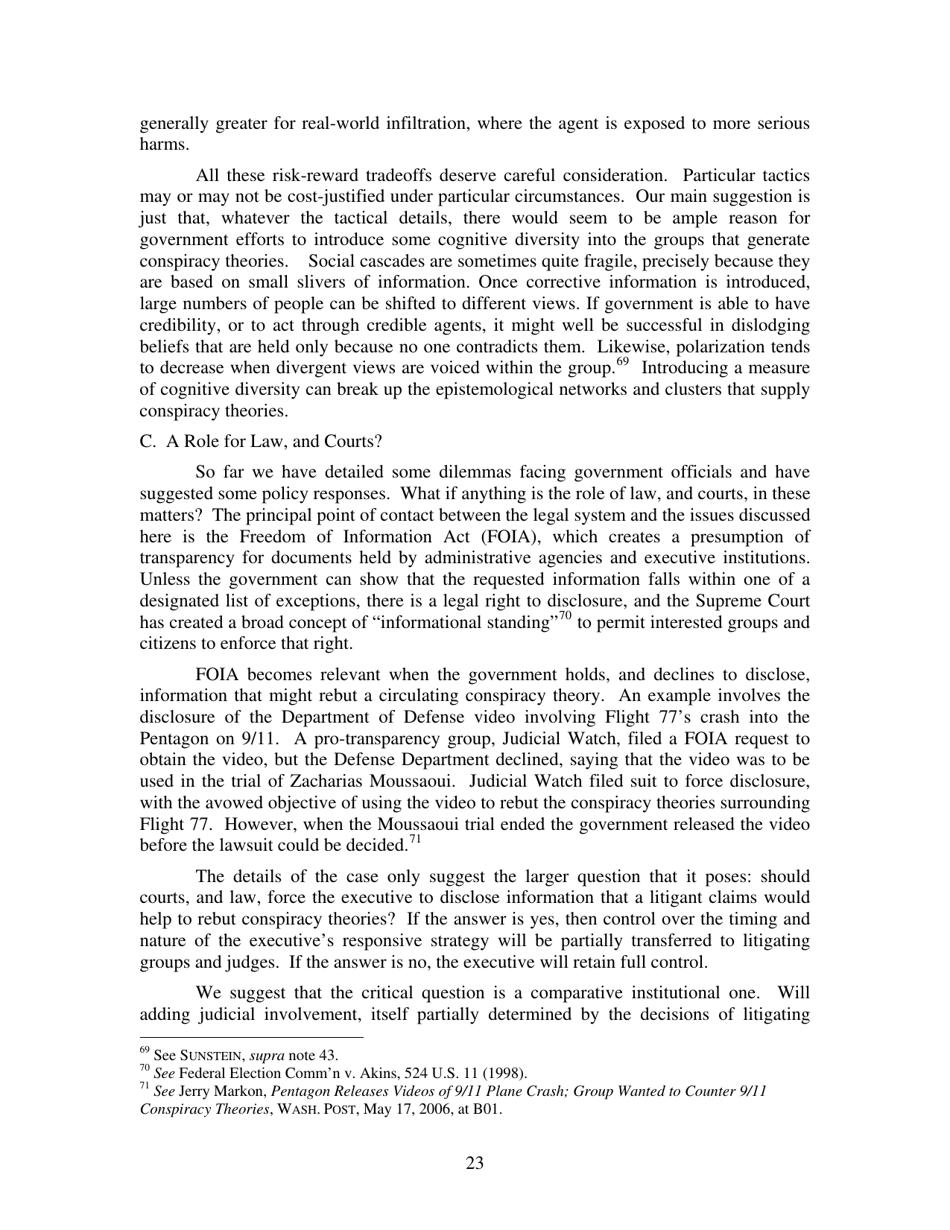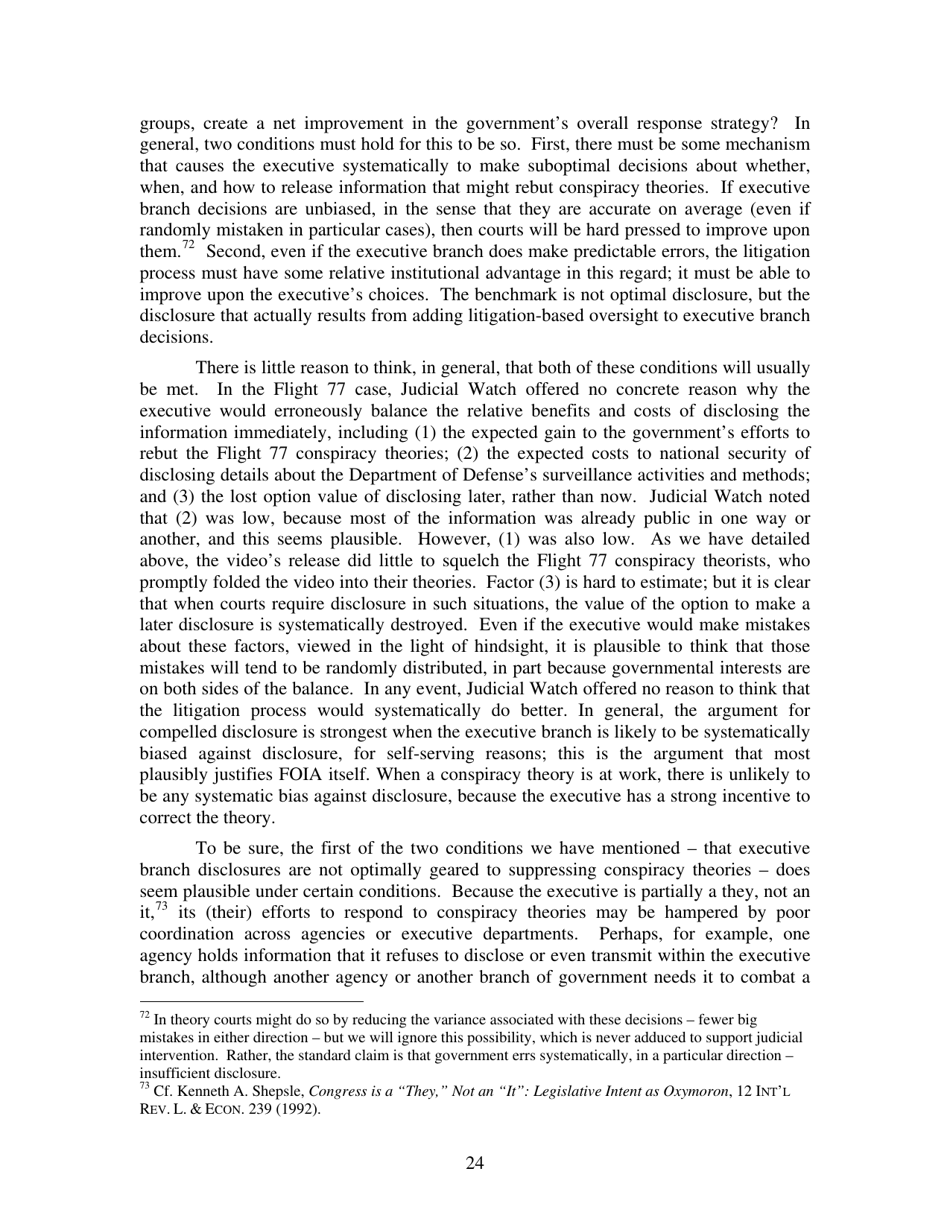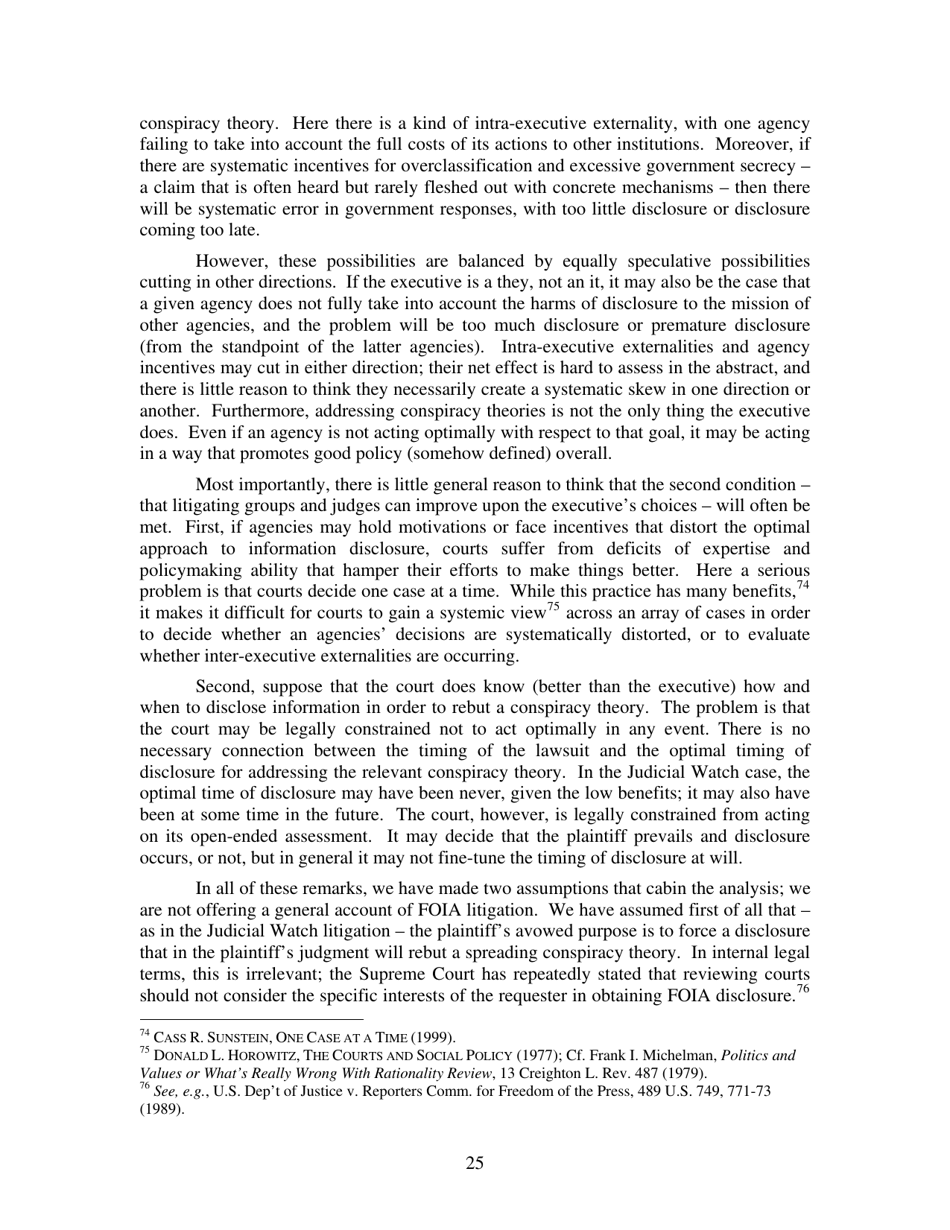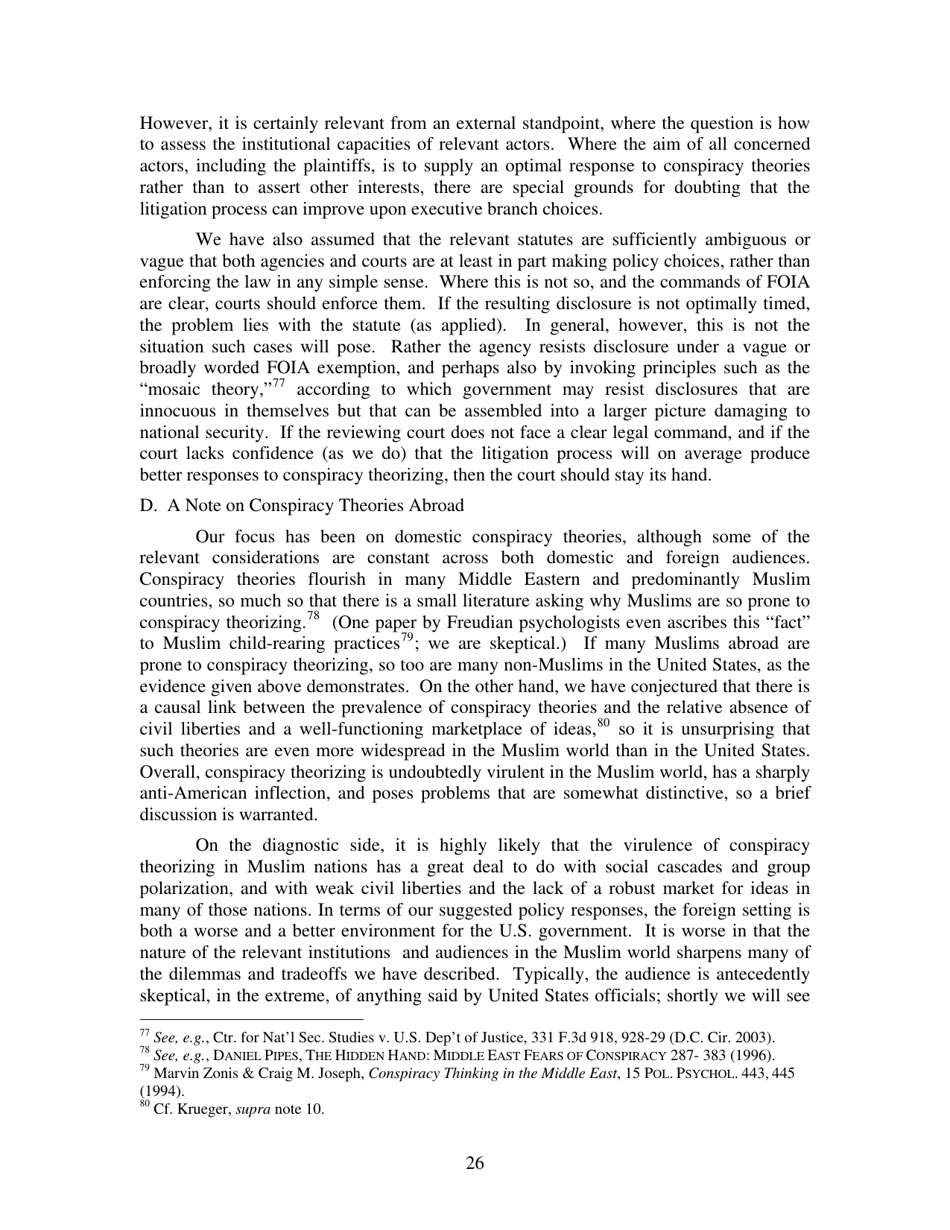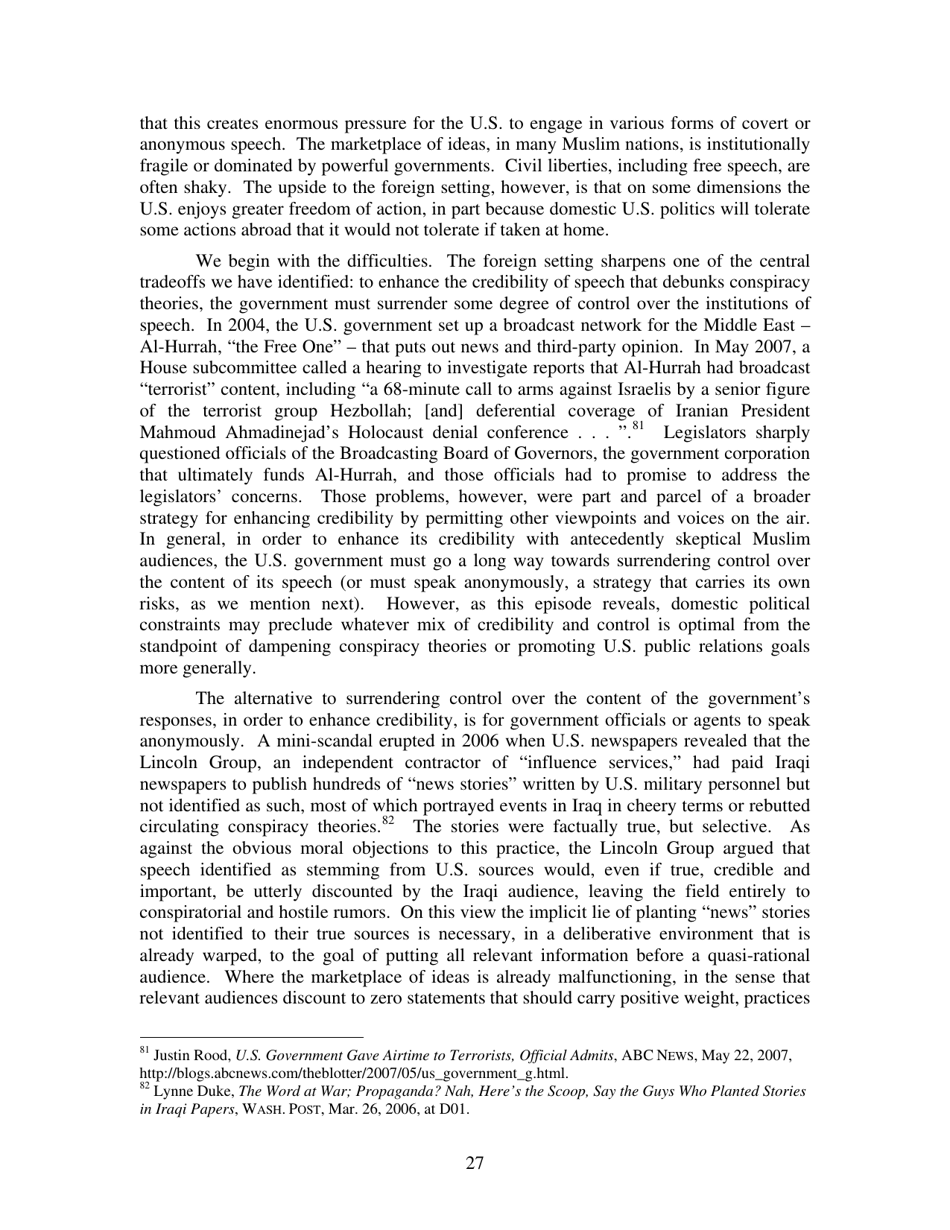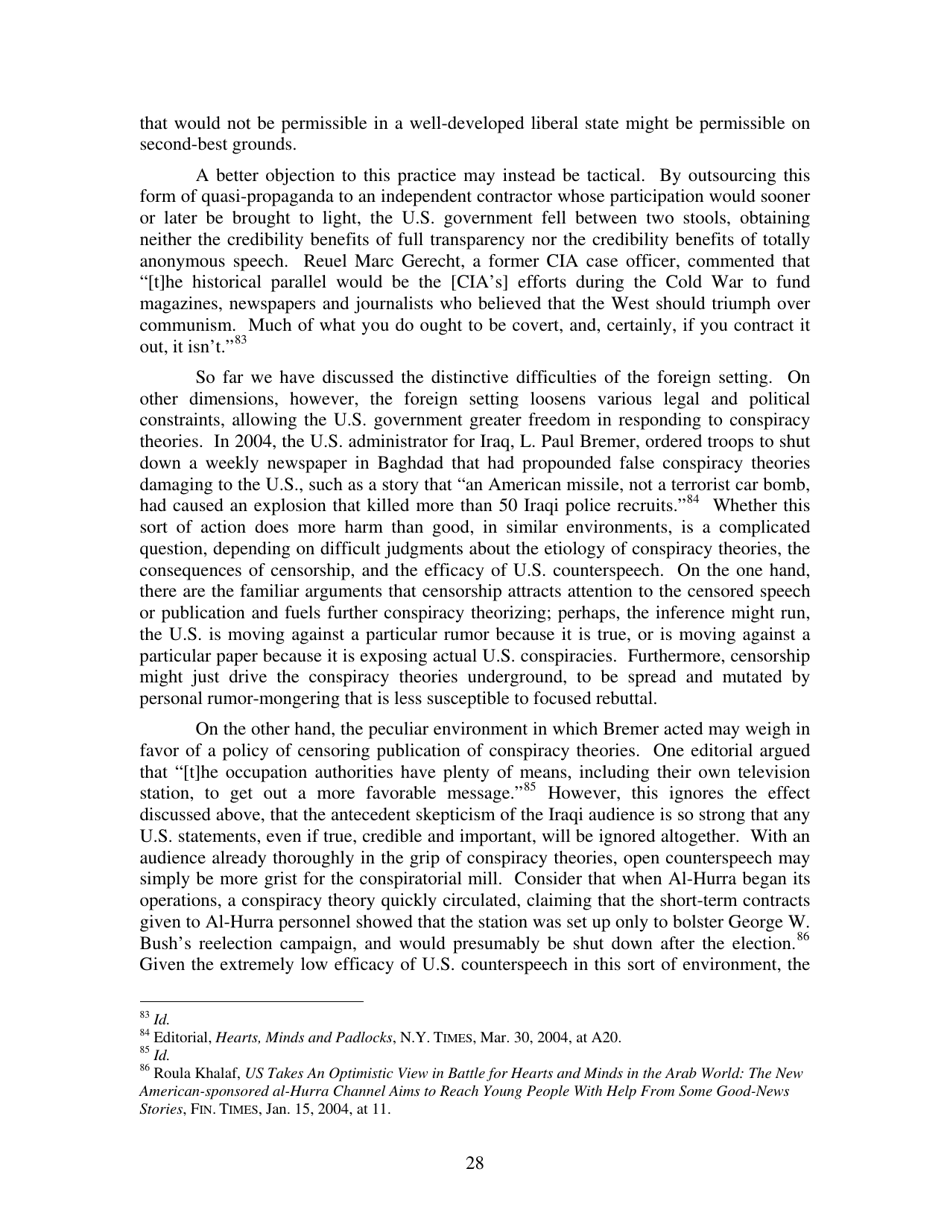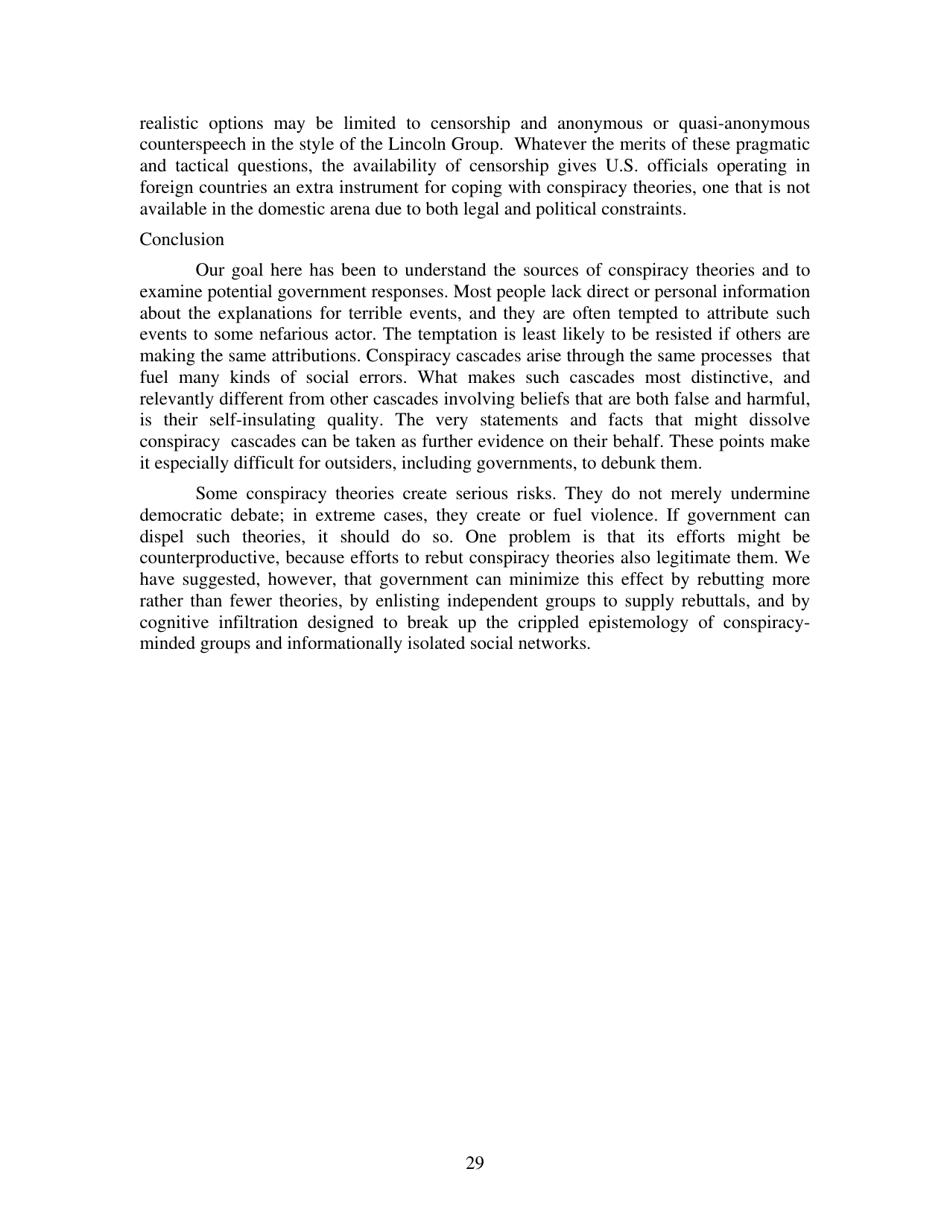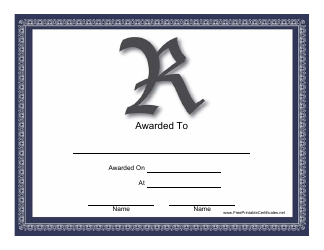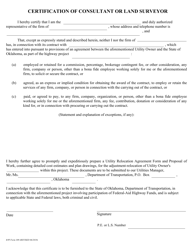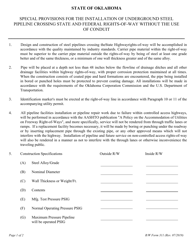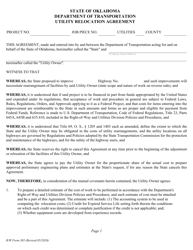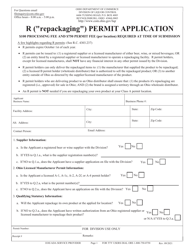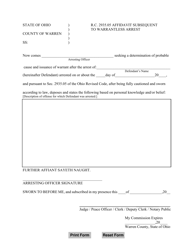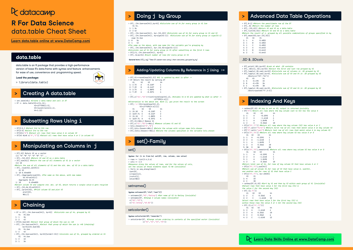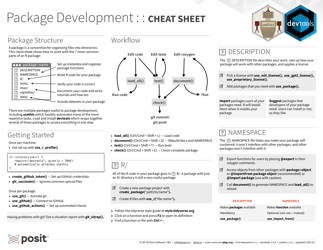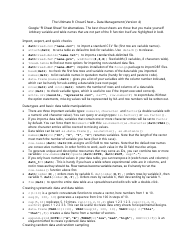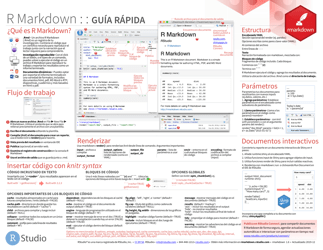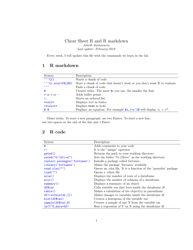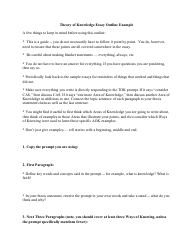Conspiracy Theories - Cass R. Sunstein, Adrian Vermeule
The document "Conspiracy Theories" by Cass R. Sunstein and Adrian Vermeule provides a comprehensive analysis of conspiracy theories and their impact on society. It explores how conspiracy theories emerge, why they are influential, and proposes strategies to mitigate their negative effects.
Cass R. Sunstein is an American legal scholar and Adrian Vermeule is a professor of Constitutional Law at Harvard Law School. They have both written about conspiracy theories and government responses to them, but they do not "file" conspiracy theories. Conspiracy theories are generally generated by individuals or groups who believe in alternative explanations for certain events or phenomena.
FAQ
Q: Who are the authors of the document?
A: Cass R. Sunstein, Adrian Vermeule
Q: What is the topic of the document?
A: Conspiracy theories
Q: What is a conspiracy theory?
A: A belief or explanation that suggests that events or situations are the result of a secret, often sinister, plot by a group of people
Q: Why do people believe in conspiracy theories?
A: There are various reasons, including the need for explanations, the desire to feel special or superior, cognitive biases, and mistrust of authority
Q: Are conspiracy theories based on evidence?
A: Conspiracy theories often lack significant evidence and rely on speculation and anecdotal claims
Q: What are the potential dangers of conspiracy theories?
A: They can lead to misinformation, paranoia, social divisions, and even violence
Q: What is the role of government in combating conspiracy theories?
A: The government can play a role in debunking conspiracy theories, promoting critical thinking, and providing transparent information
Q: What are some famous conspiracy theories?
A: Examples include the moon landing hoax, 9/11 conspiracy theories, and the belief in a New World Order
Q: How can individuals critically evaluate conspiracy theories?
A: By examining evidence, considering multiple perspectives, and consulting credible sources
